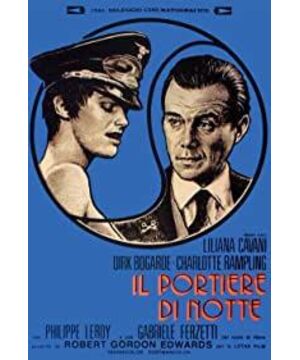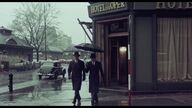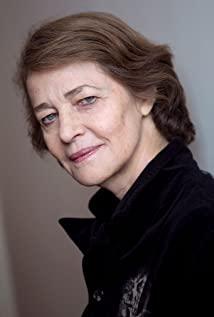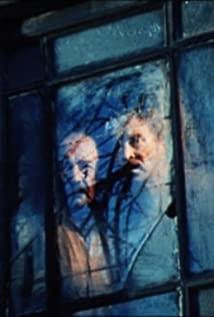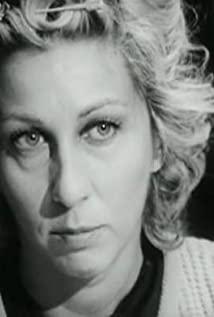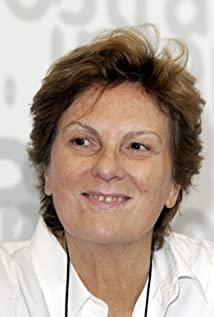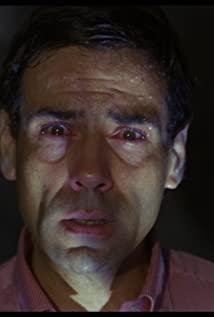The hotel's goalkeeper, Max, was quiet, elegant, and calmly welcoming the arrival of the guests, until one day Lucia appeared. The commander of the Nazi concentration camp that Lucia once stayed in was Marx, and at that time, Marx also favored Lucia, and Lucia even relied on Marx a little. Due to the identities of the two people, this relationship has not been declared. Only after knowing this accidental encounter did Marx know that he still loves Lucia deeply, and in the days of the concentration camp, Lucia was sheltered by Marx and was able to live. down. At this time, the Nazi remnants want to restore their identity, so they have been looking for people who once held evidence of their crimes, and Lucia, as the party concerned, has an absolute right to speak. Lucia's identity at this time is the wife of a performer. After meeting Marx, the dependence and tenderness of the past are vividly remembered, so the two chose to be together again. And all this is the beginning of the tragedy. As Lucia must die, but Lucas loves Lucia deeply. Politics and love are always two things that deviate from each other. What love brings people is bravery, and what politics brings to people is bravery. Human beings are death, although Marx and Lucia have had a period of mutual support, but it is inevitable that they will die.
The background time of the story is 1957. At this time, not long after the end of World War II, the treatment of Nazi Germany was going on rapidly. After the war, people couldn't wait to restore their identity, and the former concentration camp became the life of Nazi officers. The stain of not going, in order to keep myself safe from threats, so many witnesses gradually disappeared. After the war, people's psychology is gradually distorted, which can be seen from Lucia. Marx had serious guilt plots, which also made him afraid of daylight and light. Although life gradually returned to peace after the war, he still had a deep sense of guilt in his heart. Among them, two pairs of contradictions are more obvious, one is the contradiction between Marx and his superiors, and the other is the contradiction between Marx and the male ballet dancers. From the details, we can see that the male dancer has the same-sex inclination, and the person he likes is Marx. Before Lucia appeared, the male dancer's posture was humble and sincere. After Lucia appeared, perhaps because of jealousy, he He also participated in the action to get rid of Lucia, and played the role of psychological counseling.
Lucia's masochistic tendency is more obvious, which is not difficult to understand, because in the concentration camp, Marx treated her in this way, but he never hurt her, but got rid of the people who hurt her, this directness The trust led to Lucia's dependence on Marx. Women are sensual animals, and once this dependence develops, there will be love. Lucia, who had experienced fear, fear, sympathy, and help, became a patient of Stockholm Syndrome, which she did not realize, nor did Marx realize that between two people who met again, desire replaced rational thinking.
"Midnight Gatekeeper" is not only an elaboration of an identity and a position, but more importantly, the word "guard". The door that is guarded has a world inside the door and a world outside the door. Marx originally lived in the door After meeting Lucia, he lived in the world outside the door. The "midnight" here is also a symbol of hopelessness, implying the final outcome of Marx.
View more about The Night Porter reviews


